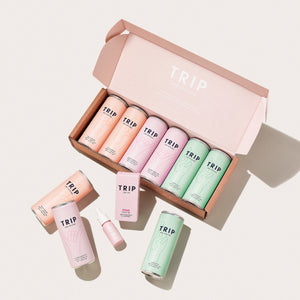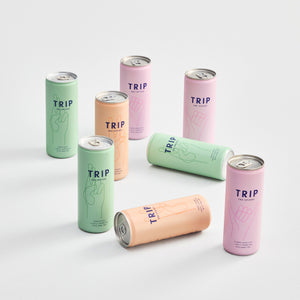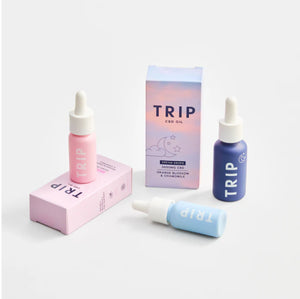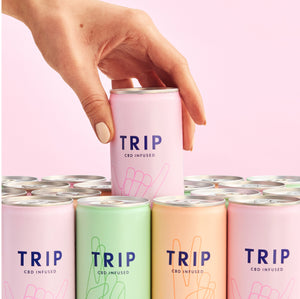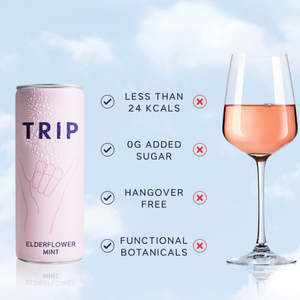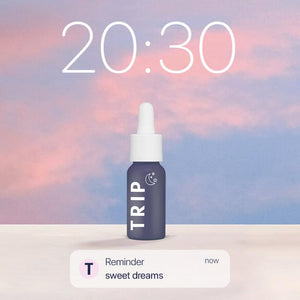Caring for our body and mind is not just another wellness trend — it’s a lifestyle. CBD oil and other CBD products are a new hot ticket in the health and wellbeing market, potentially providing consumers with a range of benefits.
Although it’s more popular than ever, there are some who may not have tried CBD yet owing to confusion over rules and regulations regarding the compound. It could be that you’ve heard about the potential benefits of CBD, including this article’s findings of “CBD’s efficacy in reducing anxiety behaviours”, but feel uncertain about whether it’s legal to consume.
Let us explain the CBD laws in the UK to reassure you before you buy your first CBD product.
What is CBD and how is it different from THC?
CBD, short for cannabidiol, is the non-psychoactive compound found in the cannabis plant. It regulates our body’s endocannabinoid system (ECS) which works by interacting with a network of cells and receptors.
THC, on the other hand, is the main psychoactive compound in cannabis that creates the typical feelings associated with a ‘high’. THC also interacts with the body’s ECS, however, it binds with the cannabinoid 1 (CB1) receptor thatcontrols pain, mood and other feelings, which is what causes a sense of euphoria.
Both of these are natural compounds that can be extracted from cannabis plant species (hemp or marijuana), although CBD is much more prevalent in hemp and THC in marijuana. CBD and THC have the same chemical structure: 21 carbon atoms, 30 hydrogen and 2 oxygen. However, a slight difference in how these are arranged is why the effects of the compounds differ. CBD binds weakly, if not at all, to the CB1 receptor, and that’s the main difference.
Is CBD legal in the UK?
The rules around the legality of CBD and cannabis in the UK are somewhat a grey area. This is down to the fact there are various cannabinoids in the cannabis plant, many of which are classed as controlled substances under the Misuse of Drugs Act 1971. CBD can be legal, though, as long as it doesn’t contain more than 0.2% THC and is packaged as a liquid.
The history of cannabis
Cannabis has a long history and was first made illegal in 1928 when an Egyptian delegate convinced members of an international drugs conference that it was a potential threat to society.
It wasn’t until 1968 that it was studied again in the UK, with the Home Office’s Wootton Report concluding that there was no evidence that the use of cannabis could lead to the need for serious medical attention or the user acting aggressively or anti-socially. Despite this, cannabis is illegal in the UK and was changed from a Class C to a Class B substance in 2009 when research suggested cannabis was more harmful to the human body than first thought.
The law on CBD
The Misuse of Drugs Act 1971 strictly prohibits the use of THC and its inclusion in any CBD products due it being psychoactive. While CBD itself has to meet a certain criteria in order to be lawfully fit for human consumption. The law allows it to be sold as long as it contains ‘less than 0.2% THC’, otherwise it is classed as an illegal substance. Consequently, hemp (which contains very little THC) is legal to cultivate in the UK provided farmers have a Home Office licence for the cultivation of industrial hemp.
The EU has authorised CBD, and as a result, hemp tends to be farmed outside of the UK due to better farming practices. British companies can sell CBD that has been imported and processed from other countries where cultivation and harvesting is legal. Regulations differ from country to country though. For example, Italy can sell CBD products as long as they contain less than 0.6% THC.
Where can I buy CBD oil legally in the UK?
You should always purchase CBD oil from reputable, trusted brands. Be careful when buying products online from unrecognised sellers, as well as in some high street stores, as these may not always be properly authorised.
We recommend always double checking a brand to ensure its products follow the regulations. Manufacturers should provide a COA (Certificate of Analysis) which confirms if what a business is advertising is legitimate. This is carried out by a third-party source rather than the manufacturer to ensure accurate results. At TRIP, we create our CBD products in line with UK and EU legislation — these are third-party lab tested to ensure the highest quality.
Want to try out CBD and not sure where to start? TRIP has a variety of flavoured CBD oils and drinks for you to get your wellness journey started.



